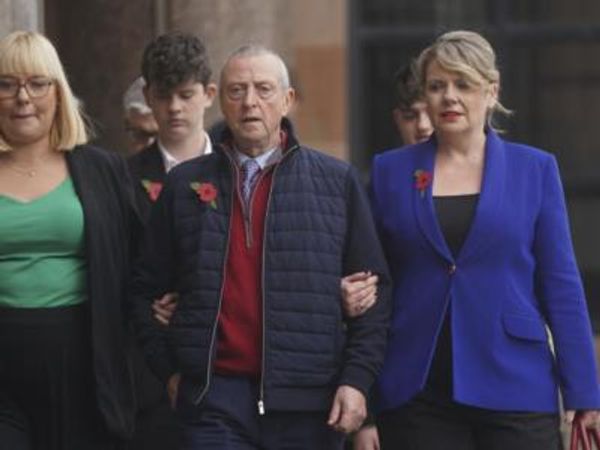
London (AFP) - Just after 7:00 pm on Wednesday, December 21, 1988, Pan Am Flight 103 from London to New York was blown apart over the Scottish town of Lockerbie, killing all 259 people on board.
Another 11 people died on the ground as burning debris and liquid fuel from the disintegrating Boeing 747 rained down from an altitude of some 9,400 metres (31,000 feet).
The bodies of the dead were scattered over a wide radius and pieces of the plane were found up to 130 kilometres (80 miles) from its final point of impact.
British and US investigators trying to piece together what caused the atrocity carried out some 12,000 interrogations in 54 countries.
Finally in 1990, in a Toshiba radio-cassette player inside a Samsonite suitcase, they found traces of the explosive Semtex and fragments of an electronic detonator that pointed the finger at Tripoli.
Detectives identified the fibres of clothing used to surround the Semtex and traced them to Malta where, they believe, a Libyan checked in the suitcase full of explosives that was eventually placed aboard Flight 103 in Frankfurt.
In November 1991, Britain and the United States charged two Libyans, Abdelbaset Ali Mohmet al-Megrahi and Al Amin Khalifa Fhimah, with responsibility for the bombing.
Trial, conviction, appeals
Libya refused to allow the two suspects to stand trial in Britain or the United States and in response, the United Nations Security Council ordered an air and arms embargo and a freeze on Libya's financial assets abroad.
In August 1998, London and Washington agreed to hold the trial of Megrahi and Fhimah on neutral territory, in the Netherlands, on condition the case would be heard "by a Scottish court, with Scottish judges, under Scottish law".
The trial of Megrahi and Fhimah began on May 5, 2000, in the former US airbase of Camp Zeist near Utrecht in the central Netherlands.The territory of Camp Zeist was officially Scottish for the duration of the case.
On January 31, 2001, the court sentenced Megrahi to life in prison and acquitted Fhimah.An appeal by Megrahi failed in 2002.
In 2003, Libya agreed compensation for the victims of the bombing after lengthy talks with British and US officials, leading the UN to lift sanctions later that year.
Megrahi dropped a second appeal in 2009, as Scottish authorities prepared to decide his fate.
Soon afterwards, the Scottish government released Megrahi on compassionate grounds, as he was suffering from terminal cancer, provoking outrage in Washington.
He died in Libya in 2012, still maintaining his innocence.
His family lodged a bid for a posthumous appeal to clear his name in 2017, but Scotland's High Court upheld his conviction in 2021.







